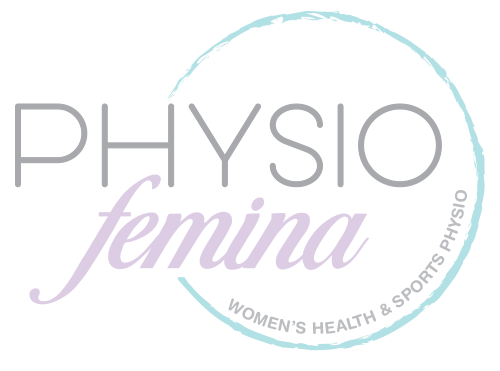Women's Health
5 tips for an amazing pregnancy
Want to have an amazing pregnancy? Want to feel your best physically, emotionally, and psychologically? We want you to thrive throughout this time, with our goal to be leak free, pain free and continuing what you love to do. See our tips below to help make this experience a little easier.
- Be pelvic floor aware
Can you squeeze your pelvic floor? Can you relax your pelvic floor?
These seem like simple questions however the answer isn’t always easy to know. We can’t see our pelvic floor, we cannot look in the mirror like at the gym and assess our technique, our form and what is actually happening. That is why seeing a women’s health physiotherapist during your pregnancy can be so beneficial, it provides you with this feedback as they can assess it for you.
Assessing your pelvic floor during pregnancy is essential to ensuring we understand the function of it prior to birth. This makes postpartum pelvic floor rehab so much easier. We can learn to squeeze and relax before the pelvic floor stretches for a vaginal birth, before any tears or stitches may occur, and before any birth trauma. Developing a connection to the pelvic floor prior assists in preventing future pelvic floor dysfunction – incontinence, prolapse and more.
- Avoid constipation
Your women’s health physio will ask you lots of questions about your bowel habits, and its because your pelvic floor controls bowels! Doing a poo has everything to do with your pelvic floor, so when things are getting harder in this department, its our domain to help you.
Pregnancy is a huge trigger for constipation. This is because of hormonal changes, slower digestion, increased pressure from your growing baby and less room for your rectum. All of this combined can make for difficult, hard and unpleasant experiences on the toilet.
We want pooing to be easy, pain free, blood free with limited straining. Straining over the long term (years and years) is a major contributor towards pelvic organ prolapse. Prolapse can happen in any women (whether you have had babies or no babies), thus prevention is key! There are many ways we can make pooing easier – the biggest tip is to use a foot stool. Place your feet up on something and ensure your feet are flat and relaxed, hips higher than knees, sit there and try not to rush.
- Manage back and pelvic girdle pain
Back, hip, rib and pelvic pain occurs in 4-84% of pregnancies. Pregnancy changes a lot about your body, your posture is changing, your muscles are changing, your entire respiratory and cardiovascular system is changing. Pain is common but doesn’t need to be tolerate throughout this journey. It makes maintaining your work hours harder, continuing to exercise harder, and when hormones are high, irritability is high we want to do everything we can to make you feel like you will survive.
Hip pain can be very common when sleeping so much on your side and can disrupt your sleep a lot. Lumbar spine/low back and upper back pain can cause significant aching making it difficult to continue your normal activities. Rib pain usually occurs due to the widening of the rib cage to accommodate for your growing bub, and this may feel like sharp pains around your bra strap region.
Our aim is to decrease pain and slow the progression so it does not progress throughout your pregnancy. Managing and treating aches and pains throughout your pregnancy makes the whole journey a lot more manageable.
- Prepare for birth
Birthing preparation is vital. Why would you prepare for birth? Because knowledge gives you options, gives you control, and knowledge allows you to choose the best decisions for you. We prepare women for any birth they want to have. We provide you with all of the options, the education around these options, allowing you to make an informed choice.
Birth is a strategy, not a plan. Knowing your options guides your preferences. Your preference may be an unmedicated birth, a caesarean birth, an epidural birth, a non-intervention birth. Whatever your preference, you will know all the information around this, the risks associated, the potential outcomes for you and baby.
- See a women’s health physio
A physiotherapist with speciality knowledge in pregnancy and women’s health will support, guide, and reassure you throughout your entire pregnancy. They will provide continuity of care, education and knowledge in a time where things are not black and white. Pregnancy is a completely unknown journey and with vague information rife, they offer you clarity.

